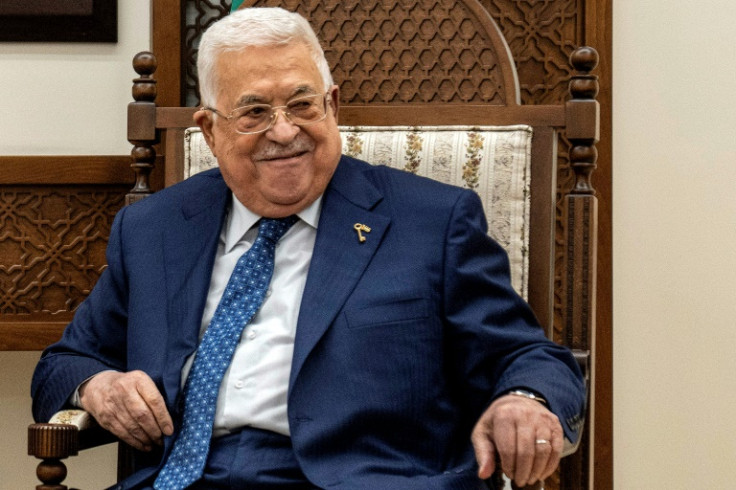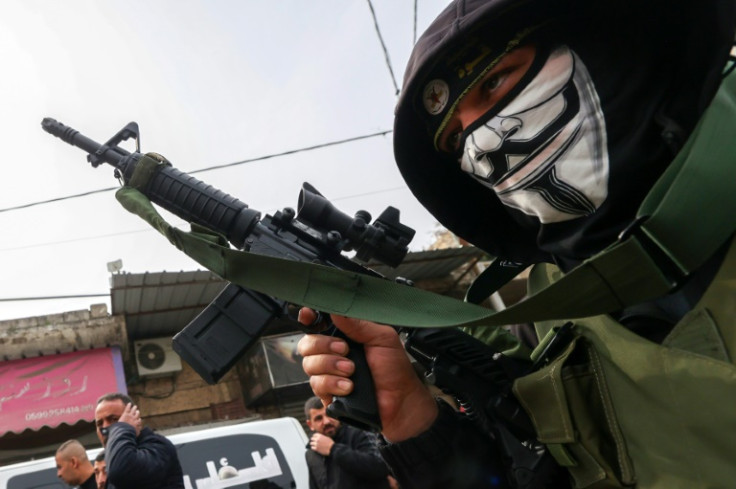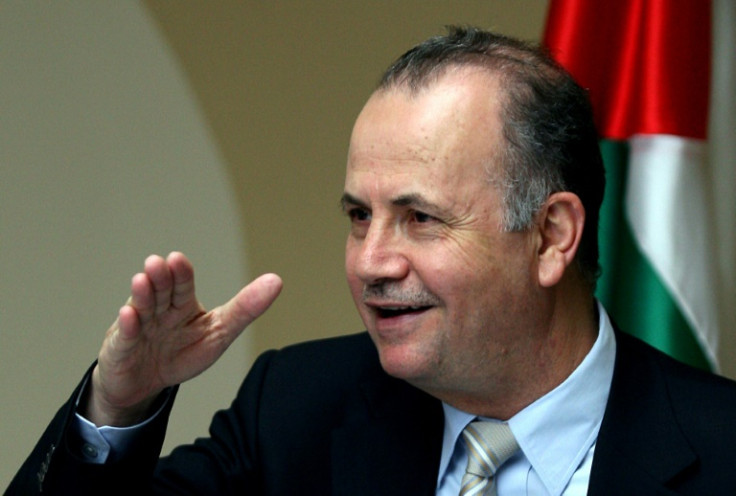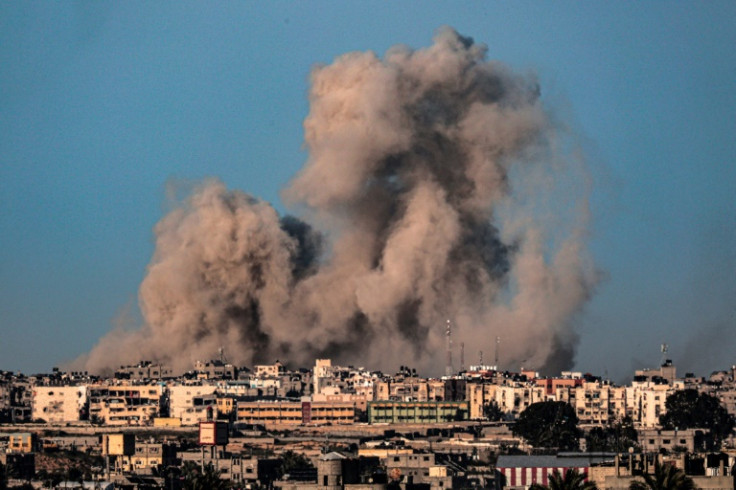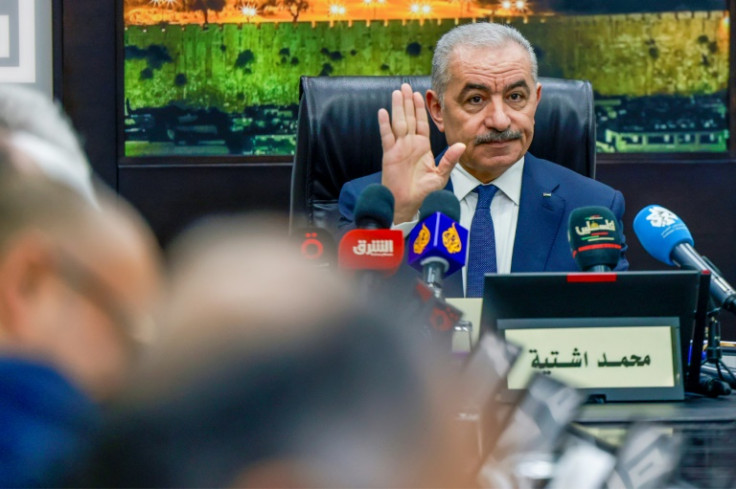
Palestinian prime minister Mohammad Shtayyeh announced Monday the resignation of his government, which rules parts of the Israeli occupied West Bank, citing the need for change after the Israel-Hamas war in Gaza ends.
Shtayyeh submitted the resignation to the leader of the Ramallah-based Palestinian Authority, president Mahmud Abbas, 88.
The United States and other powers have called for a reformed Palestinian Authority to take charge of all Palestinian territories after the end of the war sparked by Hamas's October 7 attack.
Shtayyeh cited "developments related to the aggression against the Gaza Strip and the escalation in the West Bank and Jerusalem", which have also been torn by deadly violence during the war.
He said he had first offered Abbas the resignation last Tuesday, but was formally submitting it "in writing" on Monday. Abbas had yet to formally accept it.
Shtayyeh, 66, said in brief comments that "the next stage and its challenges require new governmental and political measures that take into account the new reality in the Gaza Strip".
He called for intra-Palestinian consensus and the "extension of the Authority's rule over the entire land of Palestine".
Israel has ruled out any future political role for the Islamist movement Hamas in Gaza, but has suggested that local Palestinian officials could play a role.
Abbas, 88 is widely unpopular in the West Bank and has faced mounting anger since the Gaza war began on October 7. Many criticise him for failing to more severely condemn the Israeli offensive there as well as the rising violence in the West Bank.
Khalil Shikaki from the Palestinian Centre for Policy and Survey Research, a think tank, said Abbas had failed to protect his own people.
"Now he wants to be present for the day after, but he didn't do anything during the war," Shikaki said.
"Most Palestinians are harsher than I am. Abbas is going to have a government that is loyal to him. He is a one man show."
On the streets of Ramallah, Palestinians sounded doubtful about the government change.
Basil Farraj said the Palestinian Authority "did not achieve real results due to corruption, lack of security, and suppression of freedom and suppression of resistance."
Whether the government changes or not, "it is appointed by American and occupation decisions," another resident, Rula Abu Daho, said in a reference to Israel.
Since 2007, the Palestinian leadership has been divided between the Palestinian Authority of Abbas, which exercises limited power in the West Bank, and Hamas which rules the coastal Gaza Strip.
The Gaza war broke out after Hamas militants attacked southern Israel on October 7, which resulted in the deaths of around 1,160 people, mostly civilians, according to an AFP tally based on Israeli figures.
The retaliatory Israeli military offensive in Gaza has killed at least 29,782 people, most of them women and children, according to the territory's health ministry.
During the war, violence in the West Bank has flared to levels unseen in nearly two decades.
Israeli troops and settlers have killed at least 400 Palestinians in the West Bank since the Gaza war began, according to the health ministry in Ramallah.
It was still unclear whether Abbas would accept the resignation immediately or wait until a new prime minister had been appointed.
Palestinian media reports suggested Abbas might name Mohammed Mustafa, an executive committee member of the Palestine Liberation Organisation -- dominated by the ruling Fatah movement -- to head the new cabinet.
Mustafa has previously served as deputy prime minister and as a senior adviser to Abbas on economic affairs.
International mediators are in talks for a ceasefire in Gaza, with Israel's top ally Washington also discussing how a post-war Gaza could be ruled.
Palestinian analyst Ghassan Khatib, a former cabinet minister, said the resignation was Abbas's way of showing he is flexible and ready for a government of technocrats "functioning in both the West Bank and the Gaza Strip after the war".
"If Abbas and Hamas are able to reach an agreement, it would be a new phase in our internal political scene and a significant one," Khatib told AFP.
Shtayyeh defended his record and said his government had managed to do its work despite major challenges.
"The government was able to achieve a balance between meeting the needs of our people and providing services like infrastructure," said Shtayyeh, whose cabinet took office in 2019.
"We will continue to struggle to establish a state on the lands of Palestine," he said.
